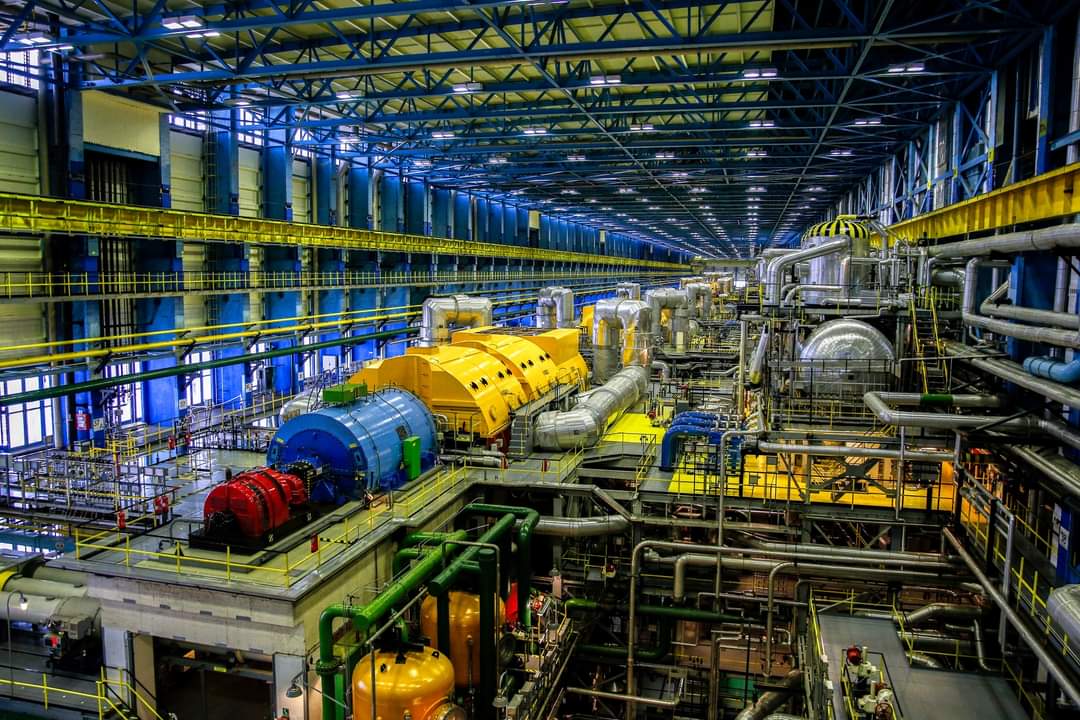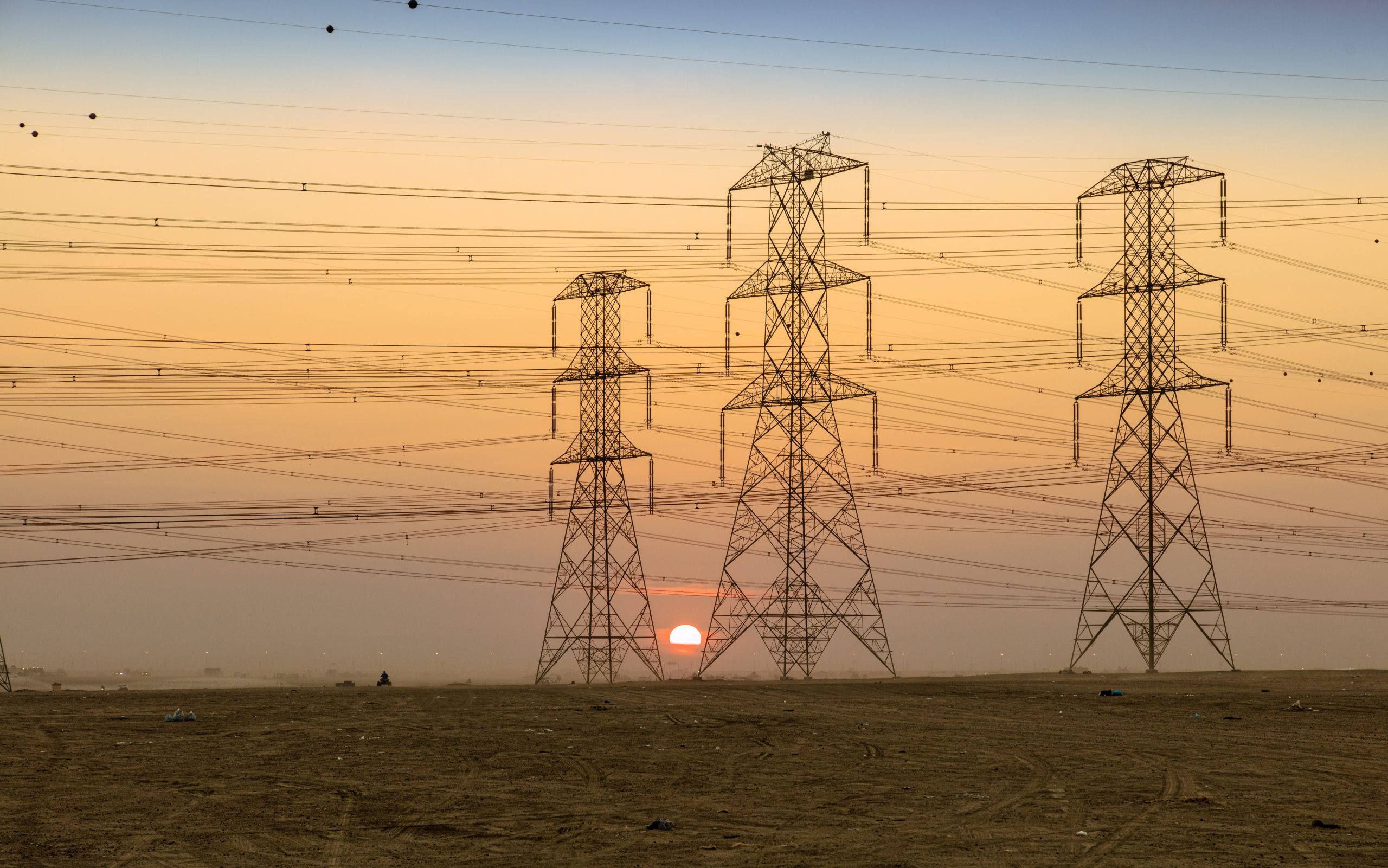
This is needed, because while a Franco-German consortium would manufacture the needed control technology system, Berlin is blocking German Siemens Energy's participation.Continue reading

Hungary could cover its entire electricity needs from its own resources by 2030, including the electricity needs of new industrial capacities to be built by then, the Secretary of State for Public Administration of the Energy Ministry said at an event organized by the National Association of Employers and Industrialists (MGYOSZ) in Budapest on Thursday.
Gábor Czepek believes that the era of cheap energy is over for the foreseeable future, but the government still sees protecting households from the price explosion as key. Almost HUF 1,500 billion (EUR 3.9 billion) is available from this year’s budget for household utility bill cuts, and in addition to household protection, economic operators could also count on state support from the energy protection fund, and their difficulties will be significantly eased by the announced corporate programs.
He emphasized that
Hungary cannot give up on high added value investments even if they significantly increase energy consumption, adding that it is estimated that the increase could reach 55 percent by 2030.
According to the Secretary of State, the Paks nuclear power plant is the basis for domestically produced electricity, and it is absolutely necessary to extend its operating life. In recent years, more and more people have been following Hungary’s energy position, and the justification for nuclear power is now accepted at EU level, he said.
He pointed out that, in the absence of significant domestic energy sources, gas supply cannot be solved without foreign sources, and this will be necessary because renewable energy producers do not produce electricity uniformly, and gas-fired power plants are the cheapest and fastest way to balance them.
The loss of Russian gas has upset the balance of the European economy, the continent is not prepared for the energy crisis and cannot finance the extreme price increases in the long term, Gábor Czepek pointed out. He added that Hungary’s room for maneuver regarding energy has increased significantly since 2010, as domestic gas and electricity interconnections with neighboring countries have been greatly expanded, so that domestic consumption could be secured even if eastern markets were to be cut off.
According to the Secretary of State,
the fact that domestic gas storage capacity is among the largest in Europe also contributes to energy sovereignty.
The current level of almost one third, at around 3 billion cubic meters, could reach 5 billion cubic meters as early as October, which would cover a possible winter import shutdown.
Meanwhile, solar power generation is already significant, with a total nominal capacity that could reach the output of the Paks plant by the next decade. Legal arrangements for connecting household-scale solar power plants to the grid could be finalized soon, and a grid upgrade of almost HUF 1,000 billion (EUR 2.6 billion) is expected, he said.
Gábor Czepek estimated the amount of development needed to expand energy production at HUF 6 billion (EUR 15.6 million), which is the cost of covering rising consumption, setting up renewable energy producers and plants providing balancing electricity, grid development, geothermal investments, energy greening, energy efficiency upgrades, and building green industrial capacity.
The energy system change is costly, but Europe is committed to phasing out fossil fuels, and for Hungary it is a key competitiveness issue to secure supply by reducing its energy vulnerability, the Secretary of State concluded.
Featured photo via Pexels